When you borrow money or make investments, one factor that determines the interest rate is your credit history. Your credit history shows lenders how likely you are to repay them if they lend money to you; it also helps determine the interest rate. There are two types of interest rates, either fixed interest rates or variable interest rates.
A fixed interest rate will stay the same for the entirety of your loan. Fixed rates offer stability and predictability but might not be as competitive as rates that vary with market fluctuations. This is beneficial if you like knowing what to expect when making monthly or annual payments. However, it can be risky because if interest rates drop in the future, you will be stuck paying a higher interest rate than what the market says.
A variable interest rate does change over time, either increasing or decreasing depending on market conditions. Banks can use two methods to choose a variable interest rate for your loan: they can either offer you the current market rate, or offer you an introductory rate that stays constant for a set period of time. Variable interest rates are definitely riskier because you have no control over the direction the market will go.
In addition to knowing whether your interest rate will stay fixed or vary over time, you can also learn about the method used for this change in the contract. If a variable interest rate changes due to market conditions, then it is called a floating interest rate. You may have an adjustable-rate mortgage, or ARM, with a floating interest rate. If the variable interest rate changes due to an index that your bank chooses, then it is called a pegged interest rate. An example of this type of contract would be a contract with annual percentage rates that are adjusted whenever the Bank of Canada interest rate changes.
For any of your mortgage needs, please contact Karla Badillo HERE

